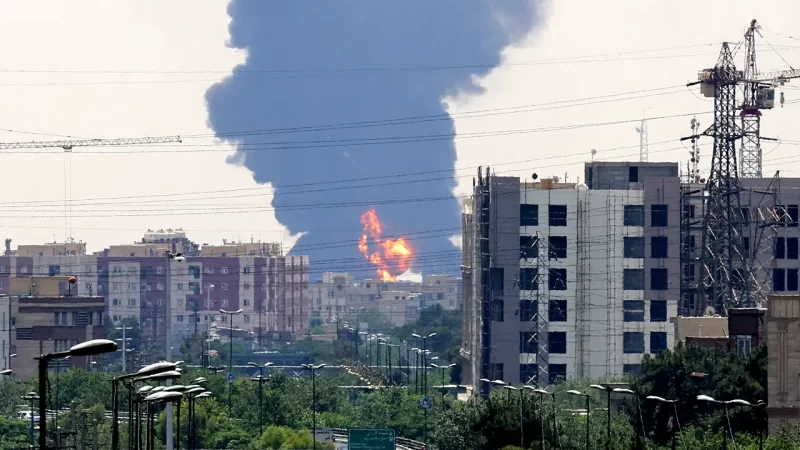
The escalating tensions between Israel and Iran are creating deep fissures within the American political landscape, fracturing both Democratic and Republican ranks. While the potential for conflict dominates headlines, the reactions from within the US reveal a complex and often contradictory set of opinions regarding the best path forward.
On one side, we see a clear division amongst Democrats. Some advocate for a more assertive stance against Iran, highlighting its aggressive actions in the region and its nuclear ambitions. Others, however, urge caution, warning against military intervention and advocating for a diplomatic solution, emphasizing the potential for unintended consequences and a wider regional conflict. This internal debate reflects the broader challenges of balancing national security interests with the potential human costs of military action.
The situation is equally complex, though perhaps less outwardly visible, within the Republican party. While a strong stance against Iran’s nuclear program is generally a unifying factor, President Trump’s past attempts at diplomacy with Iran, albeit ultimately unsuccessful, have created a division among Republicans. Some remain committed to a hardline approach, viewing any negotiation with Iran as appeasement. Others, however, argue that exploring diplomatic avenues, even if challenging, is a necessary part of a comprehensive strategy to mitigate the threat posed by Iran’s nuclear program. This internal debate highlights the tension between the desire for decisive action and the recognition of the limits of military solutions.
The differing approaches reflect not only contrasting political ideologies, but also differing assessments of the risks and benefits of various strategies. The potential for a wider conflict, the humanitarian cost of military intervention, and the uncertainty of success in either a military or diplomatic approach all contribute to the complexity of the issue. The lack of a unified front within both major political parties underscores the immense challenges facing policymakers as they navigate this highly sensitive and volatile situation.
Ultimately, the path forward will require careful consideration of all perspectives, a clear understanding of the potential consequences of each action, and a willingness to engage in difficult conversations – even within the confines of one’s own political party. The future of regional stability, and indeed the potential for a broader conflict, hangs in the balance.










